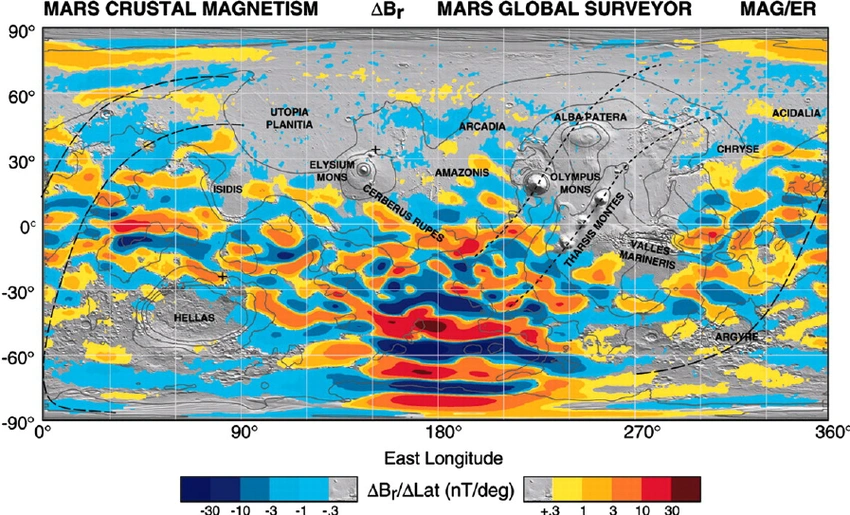NASA's ESCAPADE (Escape and Plasma Acceleration and Dynamics Explorers) mission, in partnership with Blue Origin, aims to study the interaction between solar wind and Mars' magnetosphere. Originally slated for launch on October 13, 2024, aboard Blue Origin's New Glenn rocket, the mission has been rescheduled to no earlier than spring 2025.

Mission Objectives
ESCAPADE consists of twin spacecraft designed to orbit Mars and gather data on the planet's magnetosphere. The mission seeks to enhance our understanding of space weather and its effects on planetary atmospheres, which is crucial for future exploration and potential habitation.
Reason for Delay
The delay is attributed to the alignment constraints between Earth and Mars. Even minor schedule adjustments can lead to significant launch postponements. NASA and Blue Origin are exploring additional opportunities to launch the spacecraft no earlier than spring 2025.
Blue Origin's Response
Blue Origin has expressed support for NASA's decision to reschedule the mission. The company plans to advance New Glenn's second flight, originally set for December, to November. This upcoming mission will carry Blue Ring technology and mark Blue Origin's first National Security Space Launch certification flight.

Implications for Space Exploration
The ESCAPADE mission represents a significant collaboration between NASA and private industry to advance our understanding of Mars. Despite the delay, the mission's objectives remain critical for future exploration endeavors. Studying Mars' magnetosphere will provide valuable insights into the planet's atmospheric loss and its potential habitability.

#MarsExploration #SpaceMissionUpdate #NASAmissions #BlueOrigin #NewGlennRocket #MarsResearch #SpaceScience














Just when we thought we were getting back on track with Mars exploration, a delay hits. Can't wait to see what data they'll collect when the mission finally launches in 2025!
Bummer, launch delays are the worst! Hopefully, ESCAPADE Mission can get back on track and make it to Mars soon
Rescheduling the ESCAPADE mission to spring 2025 is a bummer, but it's all worth it for the valuable insights into Mars' magnetosphere
Looks like the Red Planet is being delayed again
Big news for space enthusiasts... hoping the delay is just a minor setback for the ESCAPADE mission to Mars!